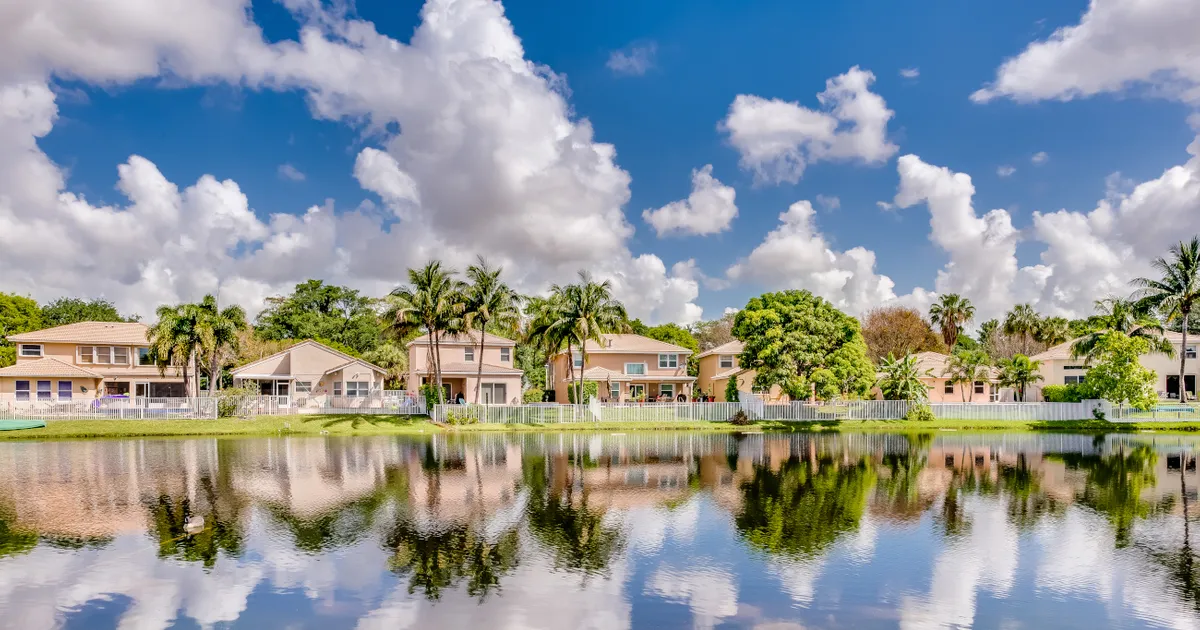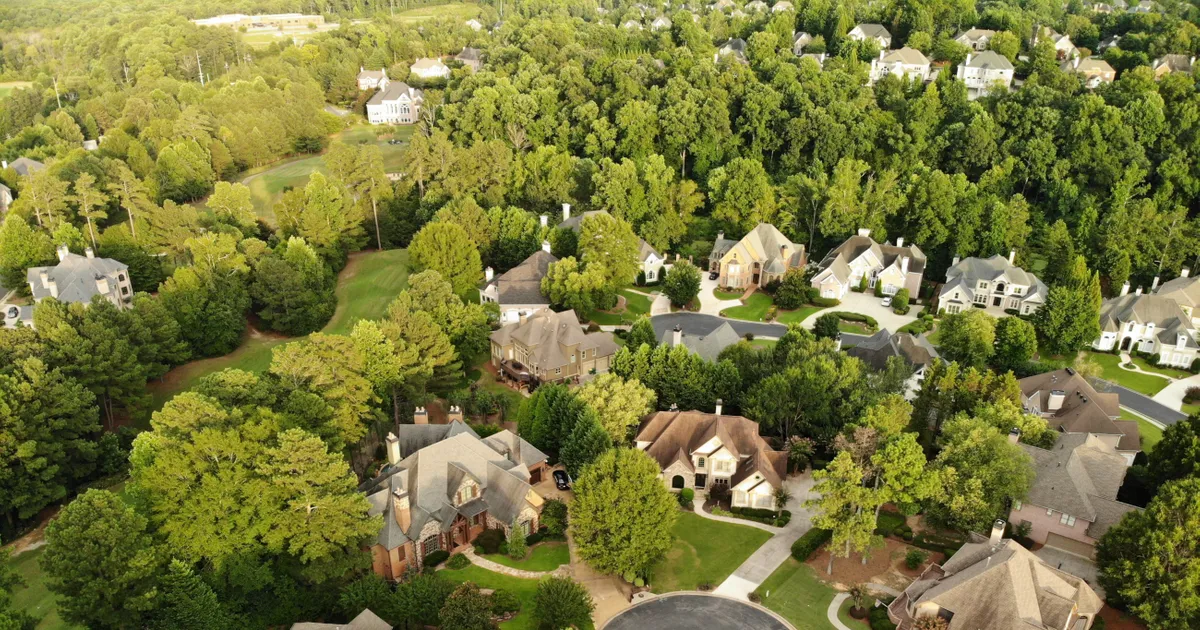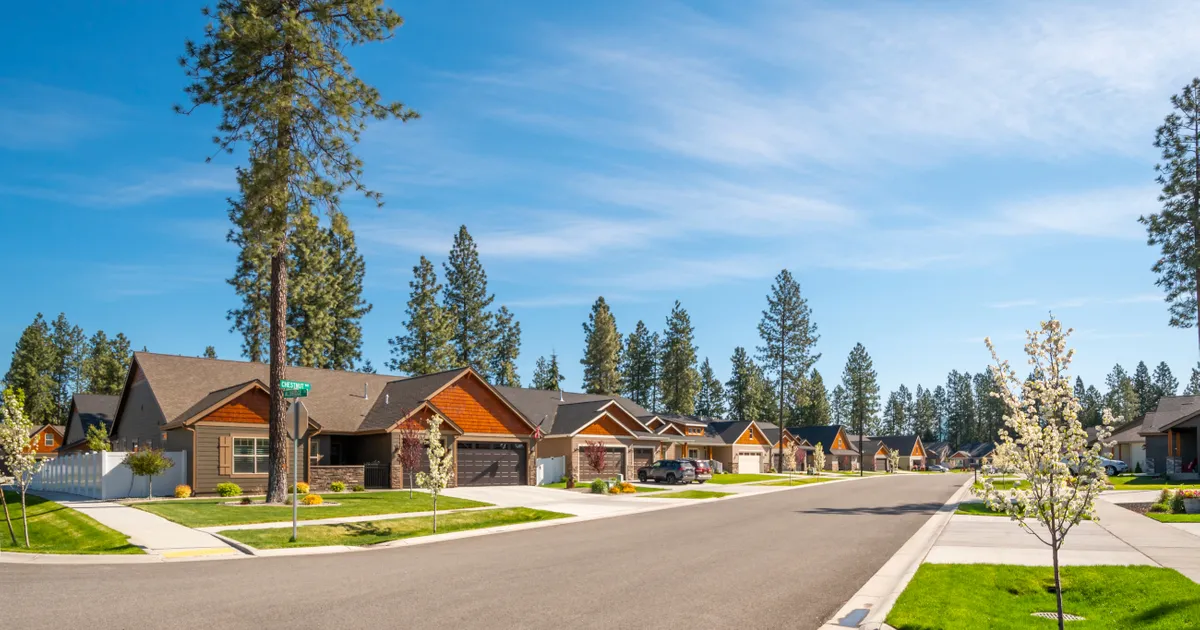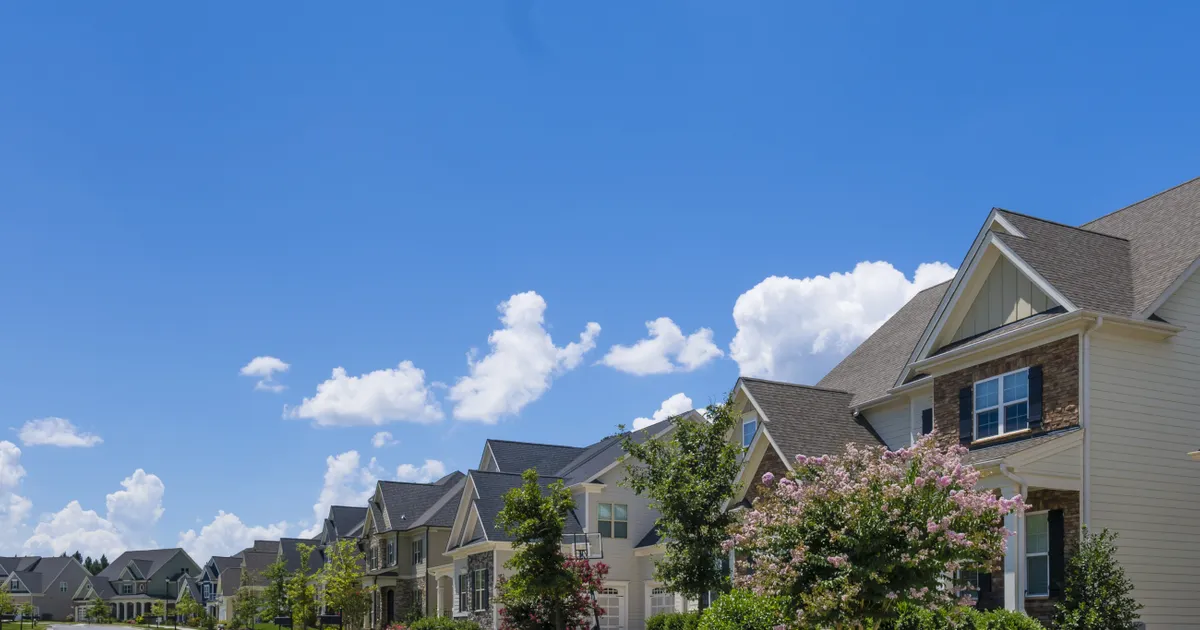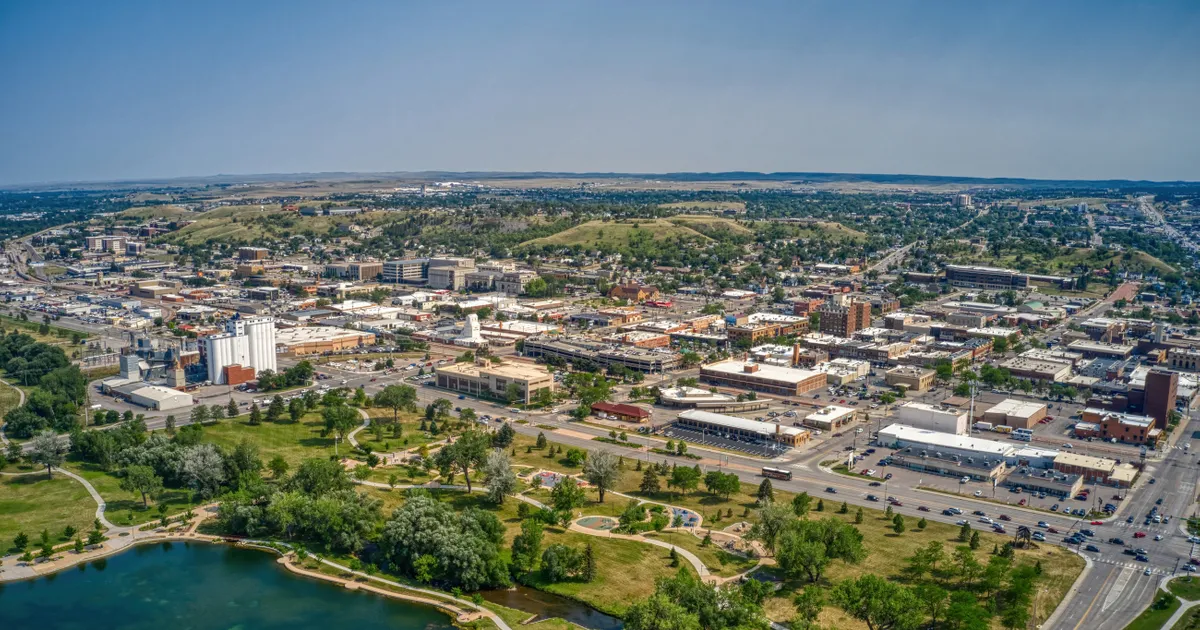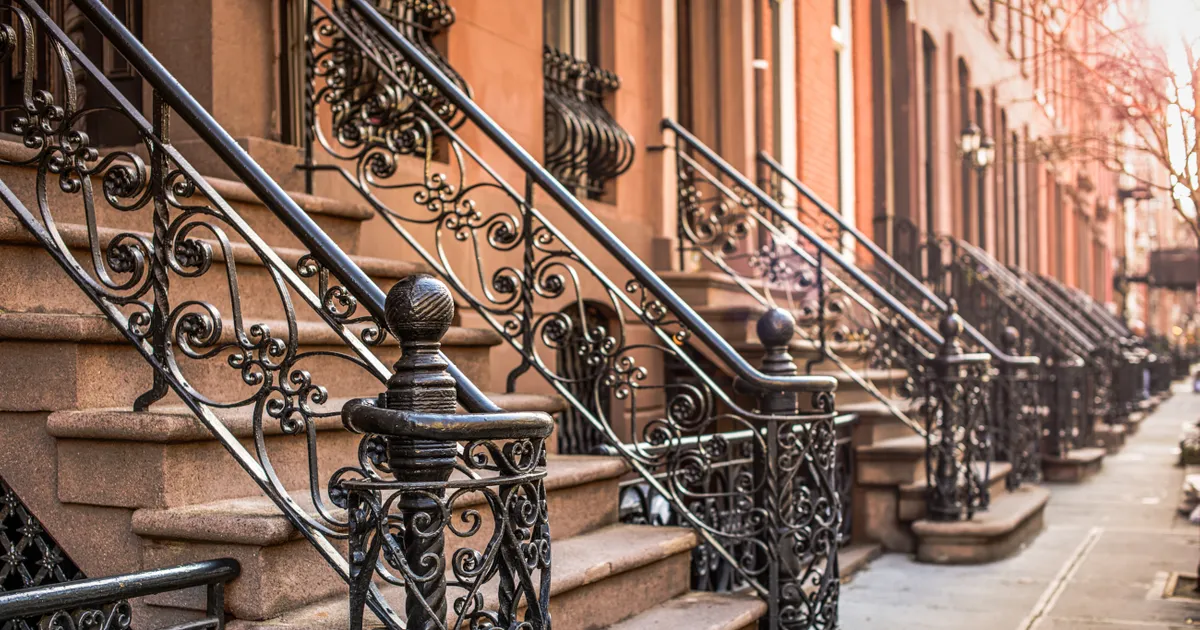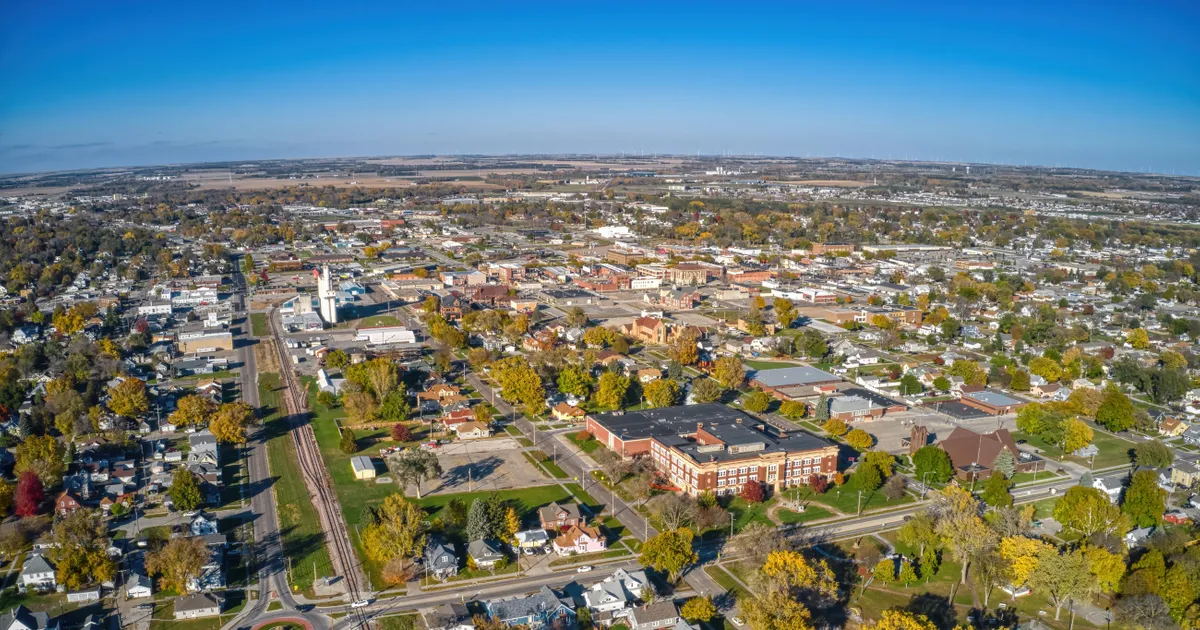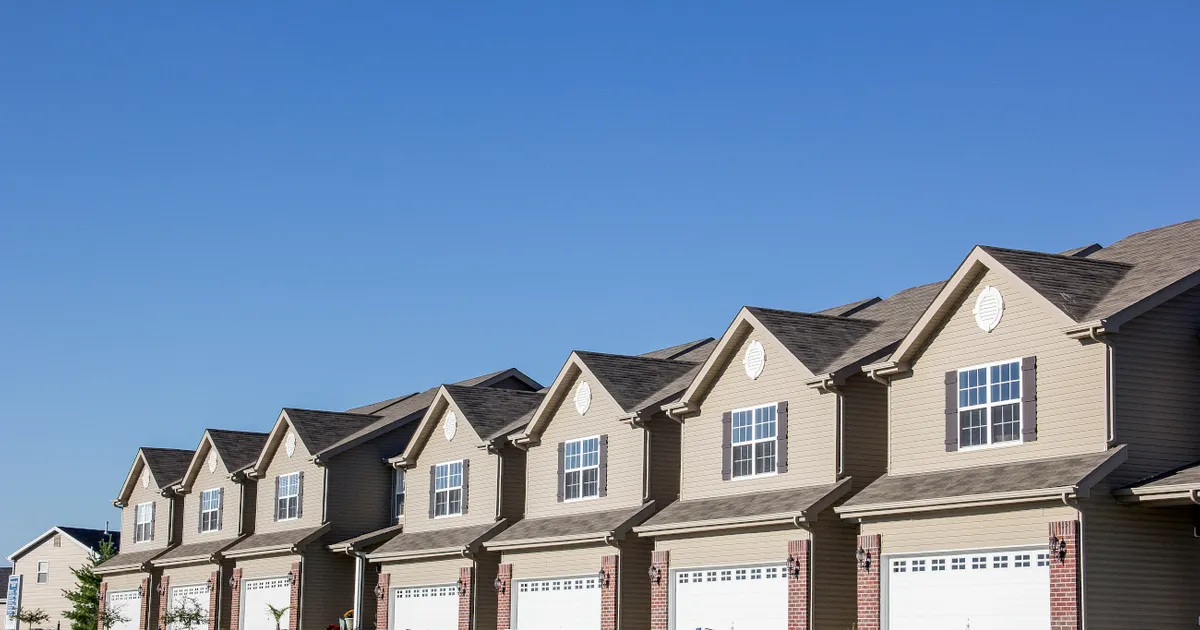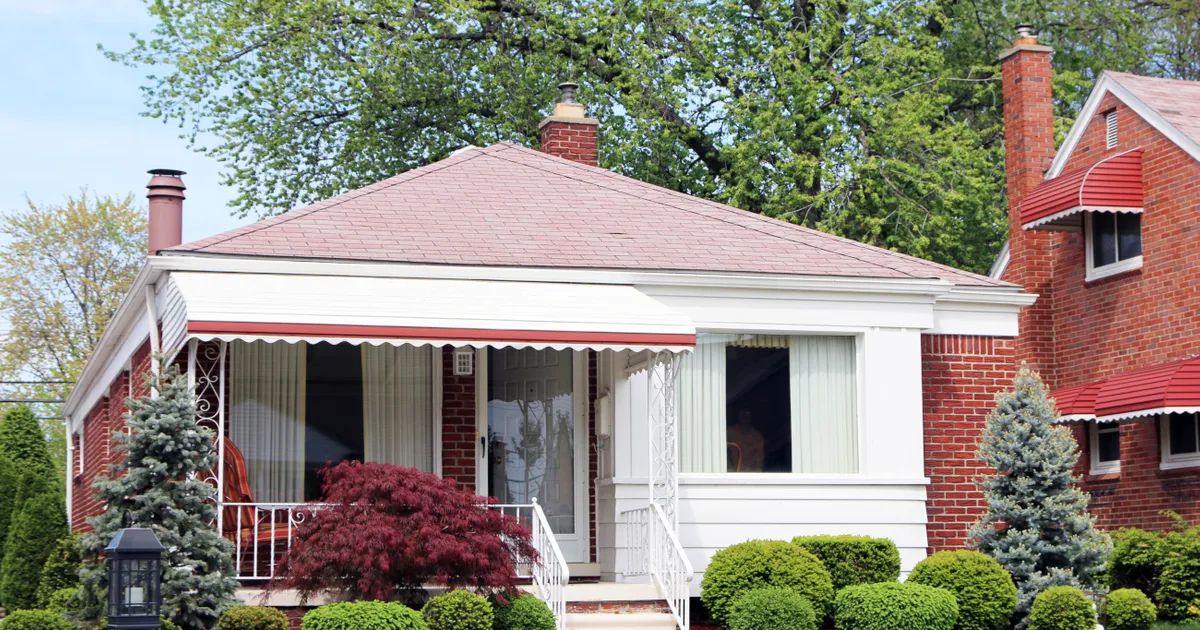Key Takeaways
- If you want to invest in real estate, then look at whether home values and rent prices are increasing in the region.
- Research other things as well, like how much you’ll pay in property taxes and what rights you’ll have as a landlord.
- Some states offer a greater return on investment than others — here are five to consider and five to avoid.
When buying an investment property, deciding where to buy is the first thing to do. But how do you sort through all 50 states to choose the right real estate market to invest in? There are a few things to consider, including property taxes, landlord-tenant laws, and whether rent prices are increasing.
To help get you started, here are five states with a lot of potential and five where investing in real estate might not pay off. We used data from Zillow, Data USA, Apartment Guide, and WalletHub to compile the list. Keep reading to learn about investing in real estate around the country.
Best: Florida
- Typical Home Value: $397,280
- Year-Over-Year Home Value Change: +34.3%
- Average Monthly Rent: $2,271
- Year-Over-Year Rent Change: +37.56%
- Effective Property Tax Rate: 0.89%
The Sunshine State could be a golden opportunity for rental property investors since its population consistently grows — and about 34% of its residents rent instead of buy. So, there’s a steady pool of tenants. According to Rocket Mortgage, this is especially true in Tampa and Jacksonville, where job growth is strong.
Jacksonville, in particular, hits a real estate sweet spot. On the one hand, the source says the median list price is well below the national average. And on the other, home values have increased by 20% since 2021. Plus, New Silver says Florida’s a landlord-friendly state: no rent control, restrictions on late fees, or limits on security deposits.
Best: Georgia
- Typical Home Value: $316,705
- Year-Over-Year Home Value Change: +27.1%
- Average Monthly Rent: $1,666
- Year-Over-Year Rent Change: +29.34%
- Effective Property Tax Rate: 0.92%
Georgia is another state with a lot of potential for real estate investors. About 36% of residents rent, and jobs just keep bringing more people to the Peach State. Take Atlanta, for example. WABE says the city has “tremendous in-migration” and “tremendous job growth.” That’s created a demand for single-family rentals.
Atlanta has an overvalued housing market, but that isn’t necessarily bad for investors. If it’s a long-term investment, then you don’t need to worry about short-term market downturns. High prices also force potential buyers out of the market — and keep them in the rental cycle. Additionally, Georgia’s considered a landlord-friendly state.
Best: Idaho
- Typical Home Value: $475,113
- Year-Over-Year Home Value Change: +15.0%
- Average Monthly Rent: $1,429
- Year-Over-Year Rent Change: +21.72%
- Effective Property Tax Rate: 0.69%
As it turns out, the Gem State is a gem for rental property investors. For one thing, it has low property taxes. When you combine that with rising monthly rents, that adds up to high net cash flow from investment properties.
And much like the other top states for investors, Idaho is a fast-growing state with a steady influx of potential renters. Plus, property values have appreciated steadily. So, investors can feel confident about buying.
Best: North Carolina
- Typical Home Value: $320,291
- Year-Over-Year Home Value Change: +27.4%
- Average Monthly Rent: $1,584
- Year-Over-Year Rent Change: +29.04%
- Effective Property Tax Rate: 0.84%
Several notable companies have headquarters in North Carolina — Bank of America, Lowe’s, and LendingTree, to name a few. And Rocket Mortgage says Charolette is projected to experience 45.2% job growth this decade. So, that could lead to a great demand for housing.
The population of the Raleigh-Durham metro area is also expected to rise over the next 15 years, according to the source. Because of population growth and job opportunities in tech, science, and research, the source calls the region an “attractive market” for investors interested in high-end rentals.
Best: Arizona
- Typical Home Value: $450,629
- Year-Over-Year Home Value Change: +26.3%
- Average Monthly Rent: $2,092
- Year-Over-Year Rent Change: +33.79%
- Effective Property Tax Rate: 0.66%
Arizona has several advantages for rental property investors. For one thing, the state has low property taxes. Both home values and rents are going up. Plus, New Silver says landlords can raise the price of rent anytime if they give a 30-day notice, and eviction laws also favor landlords.
Phoenix, specifically, could be a smart investment. It’s a growing tech hub with Amazon, Uber, and Yelp offices. It also has lots of sunshine and golf courses. As a result, the city has broad appeal — from remote workers to retirees.
Worst: South Dakota
- Typical Home Value: $291,501
- Year-Over-Year Home Value Change: +16.8%
- Average Monthly Rent: $903
- Year-Over-Year Rent Change: -13.24%
- Effective Property Tax Rate: 1.31%
South Dakota is the rare state where rent prices went down. And that’s just one reason why investing in South Dakota real estate might not pay off. There are also high property taxes and a decline in employment to consider.
“From 2018 to 2019,” Data USA says, “employment in South Dakota declined at a rate of −2.04%, from 425k employees to 416k employees.” So, it isn’t exactly full of boomtowns like some states around the country.
Worst: New York
- Typical Home Value: $405,105
- Year-Over-Year Home Value Change: +13.9%
- Average Monthly Rent: $2,530
- Year-Over-Year Rent Change: +19.74%
- Effective Property Tax Rate: 1.72%
Rental property investors might want to think twice before buying in New York state. That’s partly because the Empire State has high property taxes. But landlords face other challenges, too.
For instance, New Silver says, “the Big Apple doesn’t make it easy for landlords, with rental laws that change on a dime and a host of restrictions.” So, make sure you understand how New York’s landlord-tenant laws work.
Worst: Nebraska
- Typical Home Value: $239,574
- Year-Over-Year Home Value Change: +12.3%
- Average Monthly Rent: $1,316
- Year-Over-Year Rent Change: +9.29%
- Effective Property Tax Rate: 1.73%
Nebraska is another state where rent prices aren’t necessarily headed in the direction rental property investors like to see. While prices didn’t decrease everywhere, they did in several Omaha suburbs.
For example, Apartment Guide says rents dropped 8.8% in Elkhorn, 5.4% in Papillion, and 3.4% in La Vista. Additionally, the Cornhusker State has high property taxes.
Worst: Illinois
- Typical Home Value: $266,415
- Year-Over-Year Home Value Change: +14.0%
- Average Monthly Rent: $1,619
- Year-Over-Year Rent Change: +15.05%
- Effective Property Tax Rate: 2.27%
Property taxes in Illinois are among the highest in the nation. So, that can significantly cut into the money-making potential of investment properties. On top of that, the state’s population is shrinking.
In fact, the Illinois Policy Institute says 2021 marked the state’s 8th consecutive year of population decline. “Better housing and employment opportunities” elsewhere are driving outmigration, according to the source.
Worst: Michigan
- Typical Home Value: $236,980
- Year-Over-Year Home Value Change: +14.6%
- Average Monthly Rent:$1,318
- Year-Over-Year Rent Change: +12.63%
- Effective Property Tax Rate: 1.54%
Over the years, Michigan has gone from a thriving hub of automotive manufacturing to a shell of its former self. There were signs of revitalization — the population grew slowly between 2010 and 2020, for example.
But the Great Lakes State’s population is back to declining, according to The Detroit News. So, demand for housing may not grow anytime soon. And then there are the high property taxes to keep in mind.

